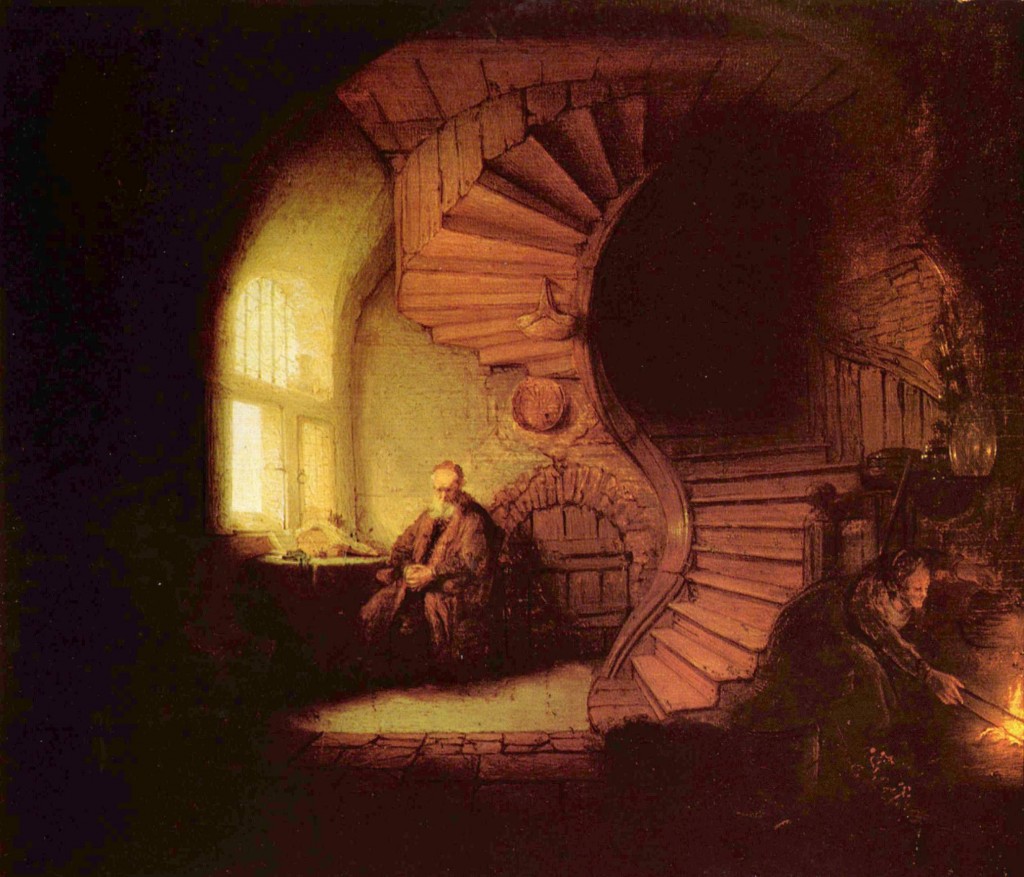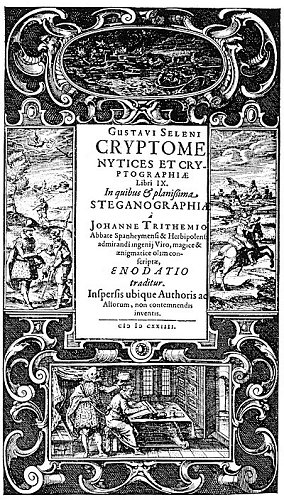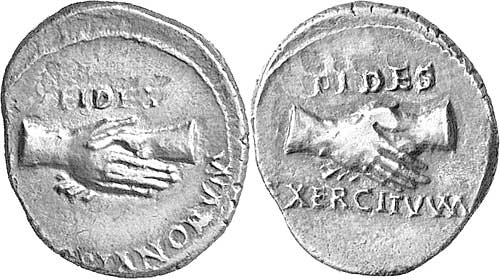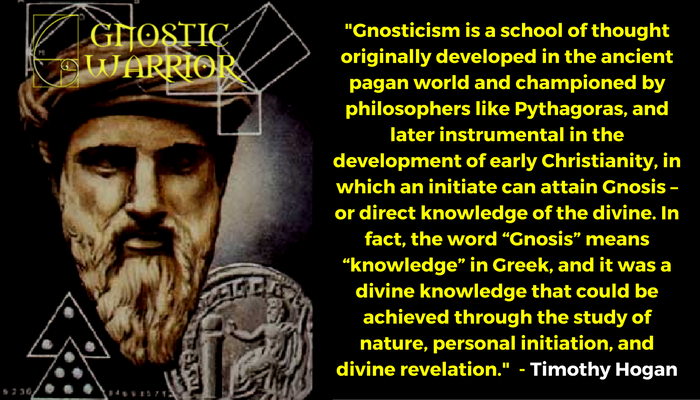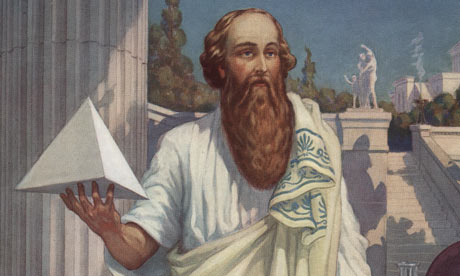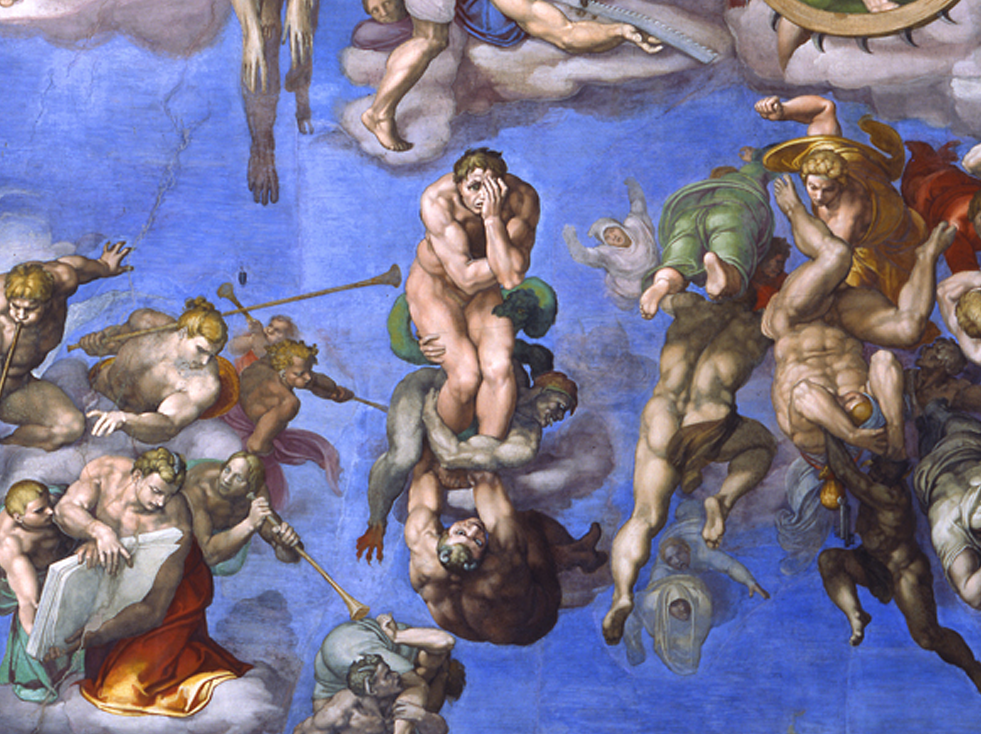p. 65
WHILE Mnesarchus, the father of Pythagoras, was in the city of Delphi on matters pertaining to his business as a merchant, he and his wife, Parthenis, decided to consult the oracle of Delphi as to whether the Fates were favorable for their return voyage to Syria. When the Pythoness (prophetess of Apollo) seated herself on the golden tripod over the yawning vent of the oracle, she did not answer the question they had asked, but told Mnesarchus that his wife was then with child and would give birth to a son who was destined to surpass all men in beauty and wisdom, and who throughout the course of his life would contribute much to the benefit of mankind. Mnesarchus was so deeply impressed by the prophecy that he changed his wife’s name to Pythasis, in honor of the Pythian priestess. When the child was born at Sidon in Phœnicia, it was–as the oracle had said–a son. Mnesarchus and Pythasis named the child Pythagoras, for they believed that he had been predestined by the oracle.
Many strange legends have been preserved concerning the birth of Pythagoras. Some maintained that he was no mortal man: that he was one of the gods who had taken a human body to enable him to come into the world and instruct the human race. Pythagoras was one of the many sages and saviors of antiquity for whom an immaculate conception is asserted. In his Anacalypsis, Godfrey Higgins writes: “The first striking circumstance in which the history of Pythagoras agrees with the history of Jesus is, that they were natives of nearly the same country; the former being born at Sidon, the latter at Bethlehem, both in Syria. The father of Pythagoras, as well as the father of Jesus, was prophetically informed that his wife should bring forth a son, who should be a benefactor to mankind. They were both born when their mothers were from home on journeys, Joseph and his wife having gone up to Bethlehem to be taxed, and the father of Pythagoras having travelled from Samos, his residence, to Sidon, about his mercantile concerns. Pythais [Pythasis], the mother of Pythagoras, had a connexion with an Apolloniacal spectre, or ghost, of the God Apollo, or God Sol, (of course this must have been a holy ghost, and here we have the Holy Ghost) which afterward appeared to her husband, and told him that he must have no connexion with his wife during her pregnancy–a story evidently the same as that relating to Joseph and Mary. From these peculiar circumstances, Pythagoras was known by the same title as Jesus, namely, the son of God; and was supposed by the multitude to be under the influence of Divine inspiration.”
This most famous philosopher was born sometime between 600 and 590 B.C., and the length of his life has been estimated at nearly one hundred years.
The teachings of Pythagoras indicate that he was thoroughly conversant with the precepts of Oriental and Occidental esotericism. He traveled among the Jews and was instructed by the Rabbins concerning the secret traditions of Moses, the lawgiver of Israel. Later the School of the Essenes was conducted chiefly for the purpose of interpreting the Pythagorean symbols. Pythagoras was initiated into the Egyptian, Babylonian, and Chaldean Mysteries. Although it is believed by some that he was a disciple of Zoroaster, it is doubtful whether his instructor of that name was the God-man now revered by the Parsees. While accounts of his travels differ, historians agree that he visited many countries and studied at the feet of many masters.
“After having acquired all which it was possible for him to learn of the Greek philosophers and, presumably, become an initiate in the Eleusinian mysteries, he went to Egypt, and after many rebuffs and refusals, finally succeeded in securing initiation in the Mysteries of Isis, at the hands of the priests of Thebes. Then this intrepid ‘joiner’ wended his way into Phoenicia and Syria where the Mysteries of Adonis were conferred upon him, and crossing to the valley of the Euphrates he tarried long enough to become versed in, the secret lore of the Chaldeans, who still dwelt in the vicinity of Babylon. Finally, he made his greatest and most historic venture through Media and Persia into Hindustan where he remained several years as a pupil and initiate of the learned Brahmins of Elephanta and Ellora.” (See Ancient Freemasonry, by Frank C. Higgins, 32°.) The same author adds that the name of Pythagoras is still preserved in the records of the Brahmins as Yavancharya, the Ionian Teacher.

Moe is the founder of GnosticWarrior.com. He is a father, husband, author, martial arts black belt, and an expert in Gnosticism, the occult, and esotericism.

